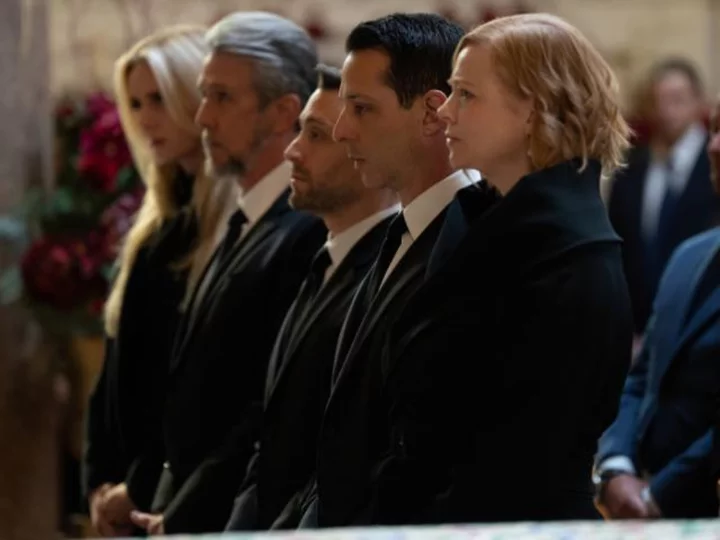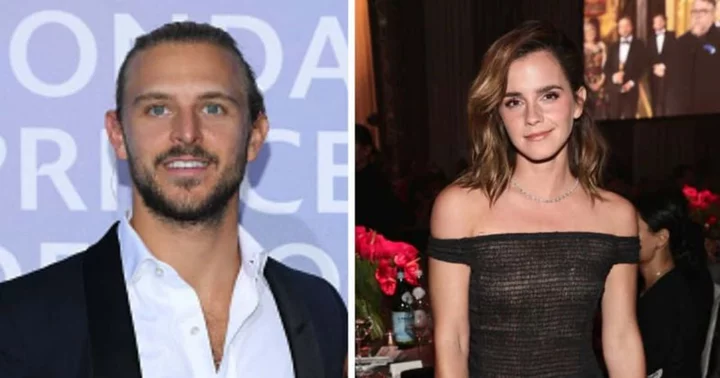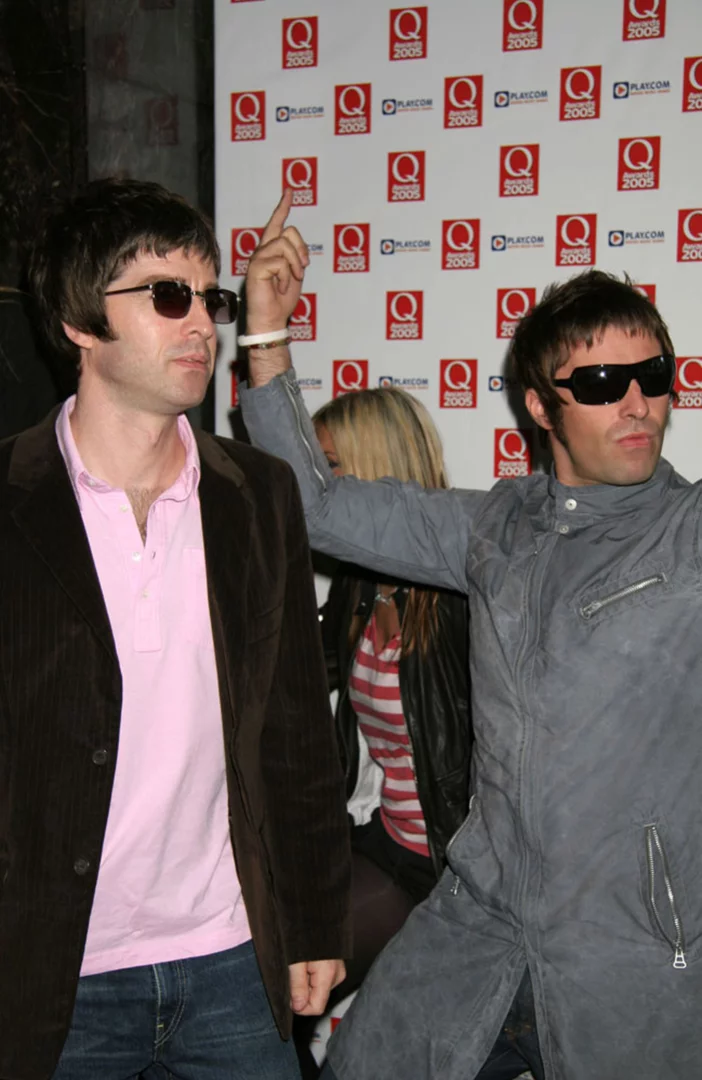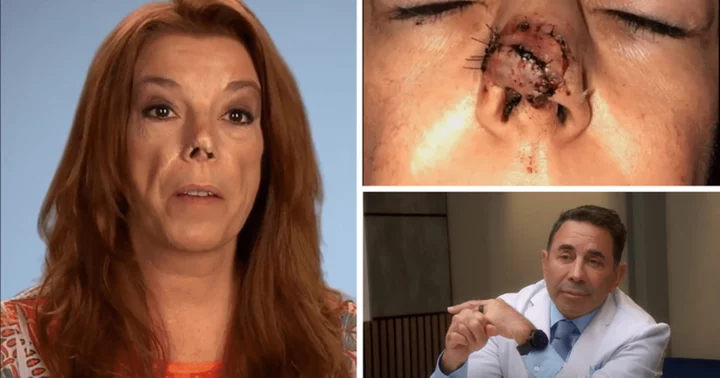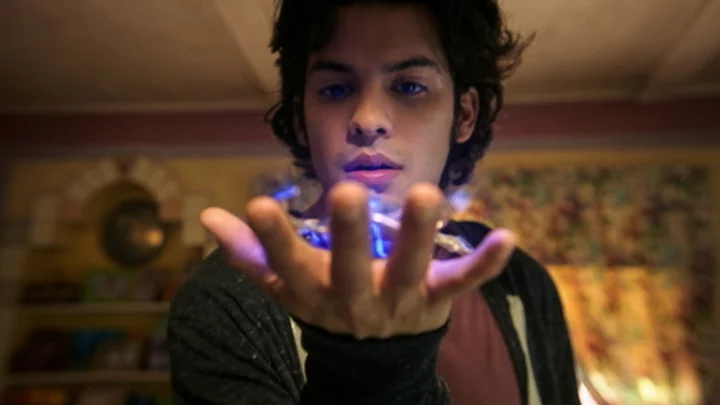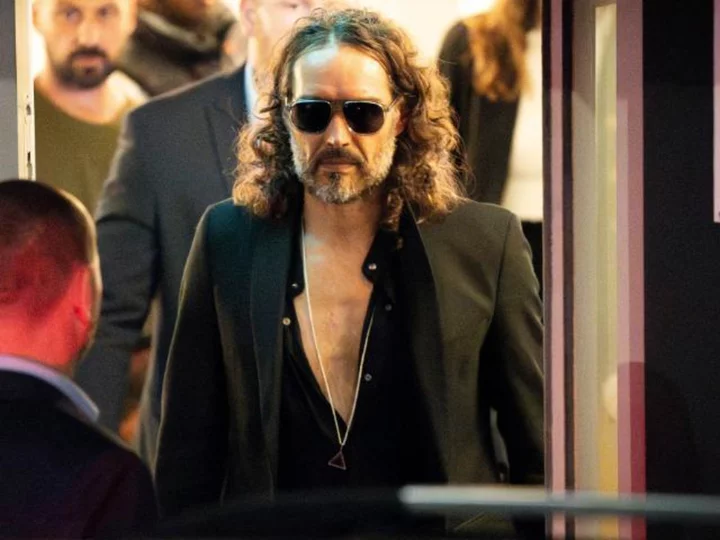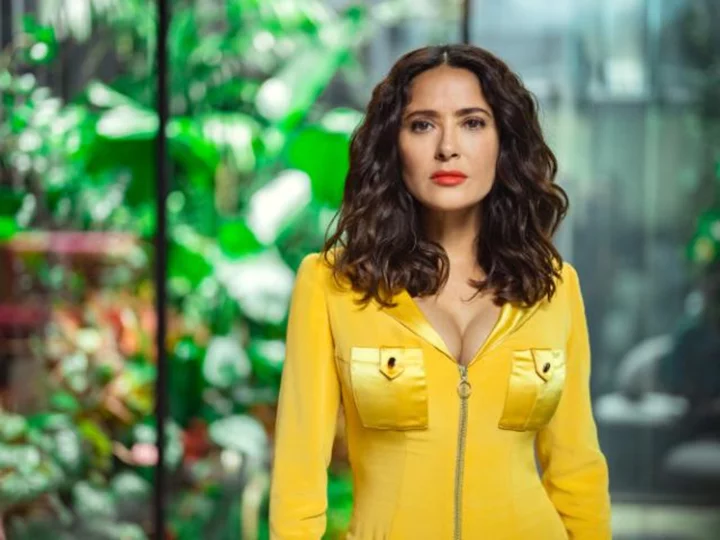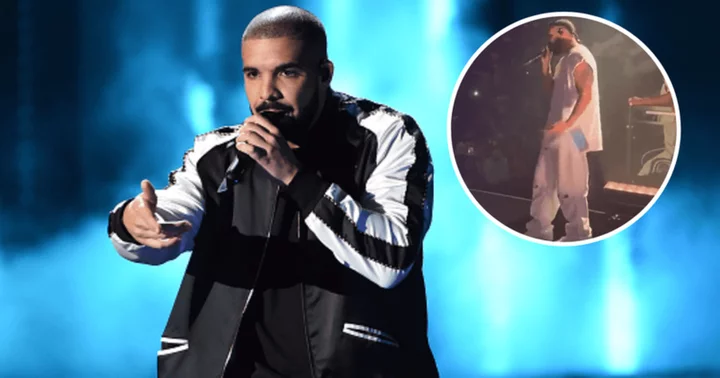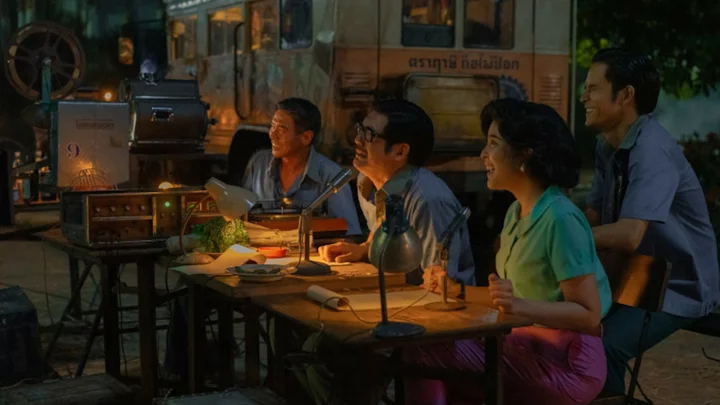"Succession" viewers are entitled to process the show however they see fit. Yet those of us who primarily approached the HBO drama as a thinly veiled take on the Murdochs and other eccentric media dynasties have perhaps downplayed another source of inspiration with significant parallels: "The Godfather."
Both Mario Puzo's story, turned into a multi-part epic by director Francis Ford Coppola, and "Succession" creator Jesse Armstrong dealt with the notion of a family-run enterprise thrown into chaos first by the illness, and eventually the death, of its towering patriarch.
In each case, the children appeared ill-suited to fill their father's oversized shoes, prompting competitors to begin circling like vultures before the old man was even cold to muscle in on their turf -- indeed, in both instances, with questions about "the family business" and its future swirling around at his funeral.
Of the four Corleone kids, an unlikely successor emerged in the form of the outsider, the cerebral Michael, in hindsight the inevitable choice compared to the hot-headed Sonny and simple-minded Fredo. (In a sign of the times their sister, Connie, wasn't even considered, although her husband did go into the family business, another "Succession" echo, in his case with particularly severe results.)
Even Michael, though, lacked his father's gravitas and finesse, uneasily assuming his crown, and ruthlessly killing off rivals in order to protect it.
"Succession" incorporated what felt like subtle nods to "The Godfather" all along the way, but that sensation crystallized and came into sharper focus over the course of the final season, complete with a wedding (how "The Godfather" opened) and the aforementioned funeral.
The finale, meanwhile, jarringly articulated the question of an elder son being passed over for what he saw as his birthright, with Kendall (Jeremy Strong), in what has already become the most-quoted line of the episode, finally shouting "I am the eldest boy!" in childlike frustration over seeing that legacy slip away.
The comparisons felt unavoidable to a sequence from "The Godfather Part II" in which Fredo erupts at the fact that Michael, his kid brother, would be the one to take care of him, memorably shouting, "I'm smart! And I want respect!"
Respect, of course, was the one thing that the Roys' position and money couldn't buy them, even from their father, whose approval they desperately craved. When they challenged him as the season began, he finally delivered the damning verdict overtly, telling them, "I love you, but you are not serious people."
Finally, there was the relationship between Shiv and Tom, which ended on a note that couldn't help but evoke thoughts of Michael and his wife Kay, who he shut out as he ascended to assume his father's mantle. Their marriage ended up on the shoals of divorce, and given their tepid gesture of affection in the limo, it's hard to envision Shiv and Tom's alliance concluding any other way.
Obviously, the long reach of "The Godfather" has informed other series, including two previous HBO titans, "The Sopranos" (which comes from the same gritty world of organized crime) and "Game of Thrones," each owing separate debts to the magic that Puzo and Coppola conjured.
Unlike those shows, "Succession" managed to achieve the same kind of operatic quality without engaging in actual battles (other than a few hilariously inept slap fights). The wounds inflicted were psychic, not physical, including the loneliness Kendall exhibited as he sat alone, staring into the distance, mirroring Michael's haunted gaze at the end of "Part II."
Despite the parallels Armstrong has consistently stressed that the Murdochs weren't his sole real-life inspiration, noting that there have been plenty of media dynasties. As for this fictional inspiration, Michael Corleone's contention early in "The Godfather," before he seeks to fill his father's shoes, nicely captures the tension that permeated "Succession" from its opening season to its closing boardroom standoff: "It's not personal. It's strictly business."

